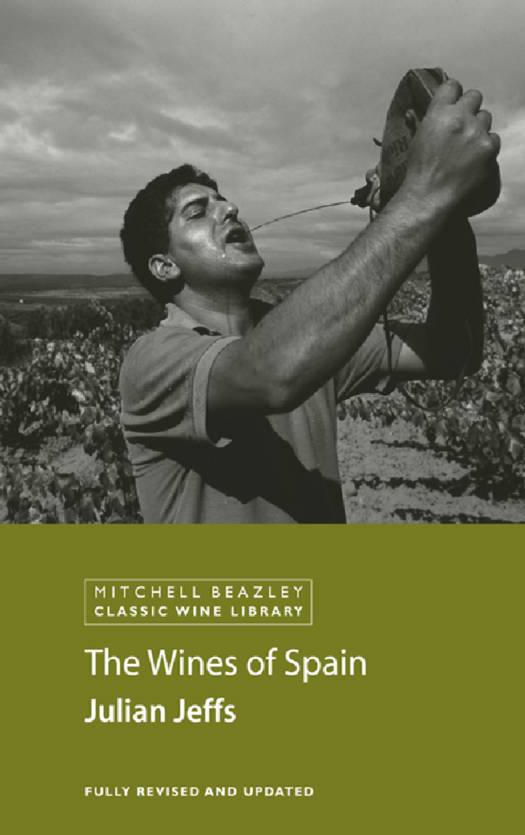
- Afhalen na 1 uur in een winkel met voorraad
- Gratis thuislevering in België
- Ruim aanbod met 7 miljoen producten
- Afhalen na 1 uur in een winkel met voorraad
- Gratis thuislevering in België
- Ruim aanbod met 7 miljoen producten
Omschrijving
The transformation of the Spanish wine industry over the last 20 years has been astonishing. From a state of very considerable decay it has re-invented itself with great vigour and style. Four decades ago such reputation as the wines of Spain had rested on the declining quality of Sherry and the occasional majestic Rioja towering above the surrounding sea of mediocre, oxidised table wines. "How things have changed!" exclaims Julian Jeffs in the introduction to his valuable The Wines of Spain, the latest addition to Faber and Faber's series of wine books. Over the course of two years Jeffs put in a great deal of intensive research in Spain, travelling the length and breadth of the country, visiting growers and tasting their wines. The effort has paid off in a wealth of engrossing detail.
The volume is organised into sections dealing with the main provinces or geographical regions--Aragon, Catalunya, Andalucia and so on--then within those by the individual Denominacion de Origen (DO). Within each DO the leading or most interesting bodegas are profiled, allowing Jeffs to build up a cumulative portrait of the regional characters. Especially evocative are the portions of the book dealing with the ancient and distinguished Sherry houses in Andalucia, many of them of course founded in the 18th or 19th centuries by British or Irish merchants. The account of the great Bodegas Vega Sicilia in Castilla is emblematic of the progress of the entire Spanish wine industry: Producing some of the world's finest wine up to the 1920s, it fell into poor practices and the quality and reliability of the wine suffered badly. Under the modernising current owners the wine has regained its former reputation. According to Julian Jeffs, Vega Sicilia "is on a Wagnerian scale, with all that master's subtlety and complexity." --Robin Davidson --This text refers to an out of print or unavailable edition of this title.
Specificaties
Betrokkenen
- Auteur(s):
- Uitgeverij:
Inhoud
- Taal:
- Engels
Eigenschappen
- Productcode (EAN):
- 9781845336240
- Verschijningsdatum:
- 17/05/2006
- Uitvoering:
- E-book
- Beveiligd met:
- Adobe DRM
- Formaat:
- ePub

Alleen bij Standaard Boekhandel
Beoordelingen
We publiceren alleen reviews die voldoen aan de voorwaarden voor reviews. Bekijk onze voorwaarden voor reviews.












